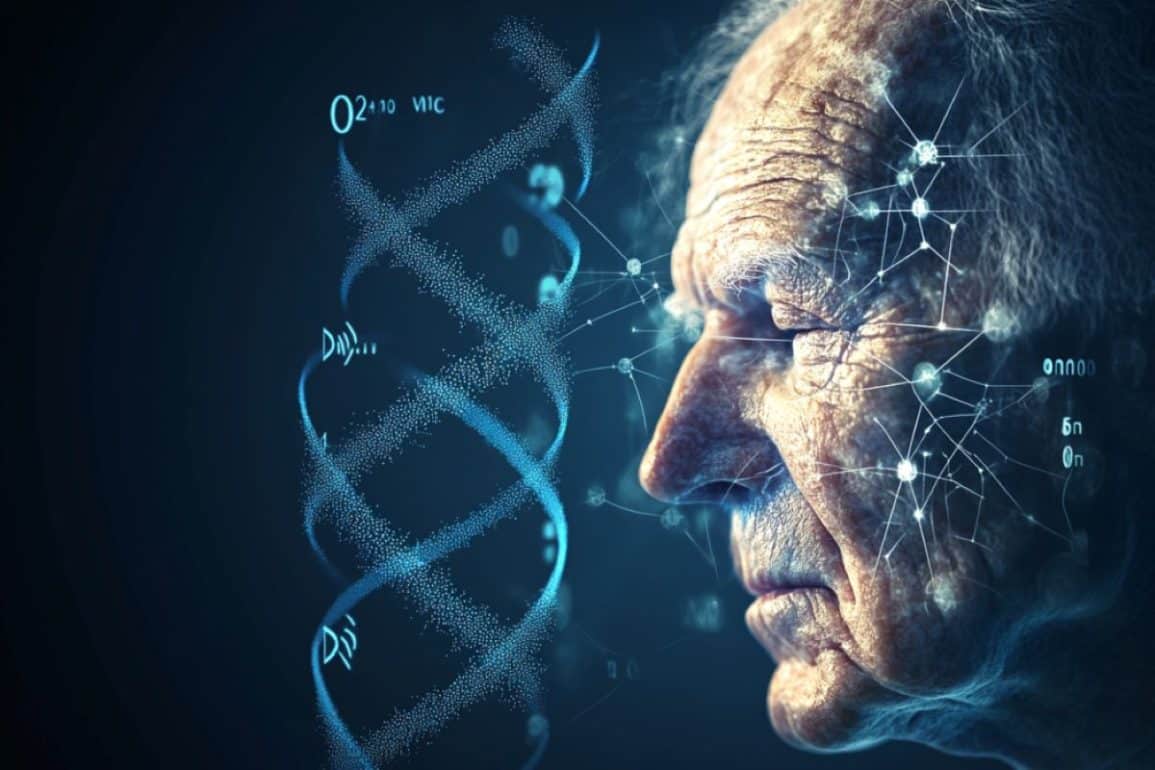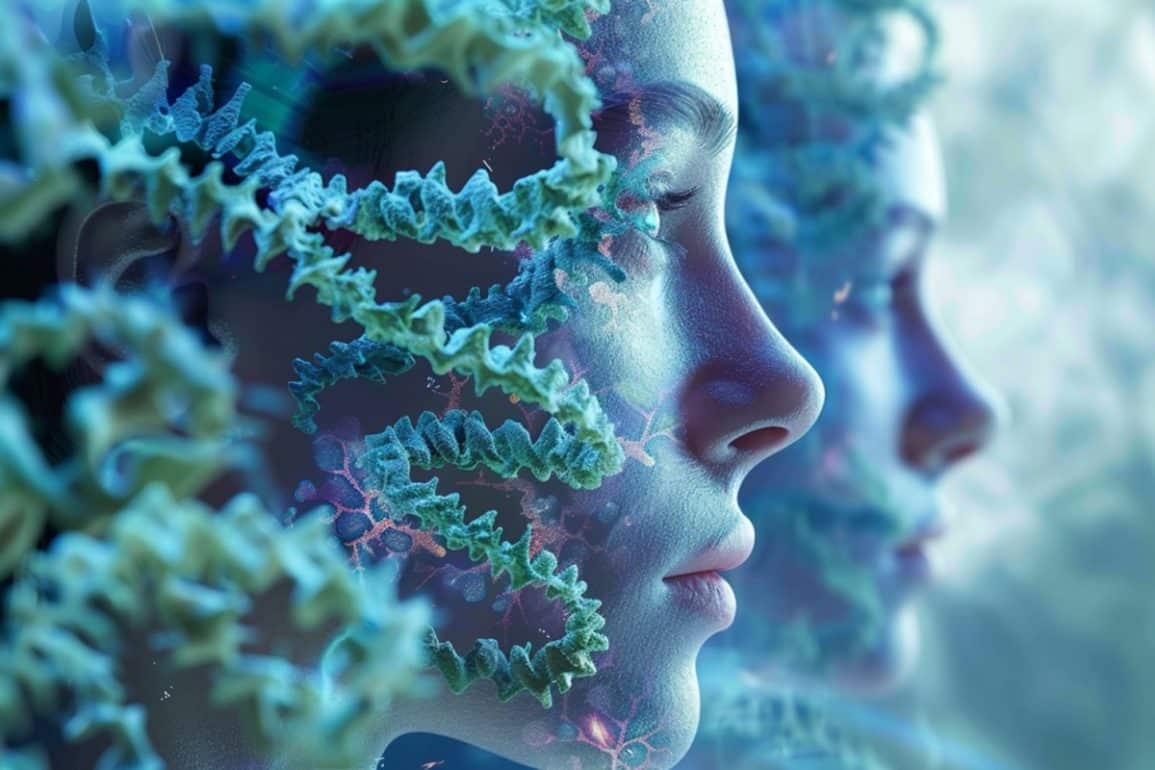
Researchers have developed an epigenetic clock, "Retro-Age," that predicts biological age by analyzing DNA markers from ancient viral remnants in the human genome. This study highlights how the reactivation of these retroelements, such as HERVs and LINEs, impacts aging, inflammation, and genomic stability. The findings suggest that monitoring these markers could guide anti-aging therapies and improve health outcomes, particularly in conditions like HIV. The research also opens avenues for exploring treatments that may reverse the biological effects of aging.
 Researchers have developed an epigenetic clock, "Retro-Age," that predicts biological age by analyzing DNA markers from ancient viral remnants in the human genome. This study highlights how the reactivation of these retroelements, such as HERVs and LINEs, impacts aging, inflammation, and genomic stability. The findings suggest that monitoring these markers could guide anti-aging therapies and improve health outcomes, particularly in conditions like HIV. The research also opens avenues for exploring treatments that may reverse the biological effects of aging.
Researchers have developed an epigenetic clock, "Retro-Age," that predicts biological age by analyzing DNA markers from ancient viral remnants in the human genome. This study highlights how the reactivation of these retroelements, such as HERVs and LINEs, impacts aging, inflammation, and genomic stability. The findings suggest that monitoring these markers could guide anti-aging therapies and improve health outcomes, particularly in conditions like HIV. The research also opens avenues for exploring treatments that may reverse the biological effects of aging. 


